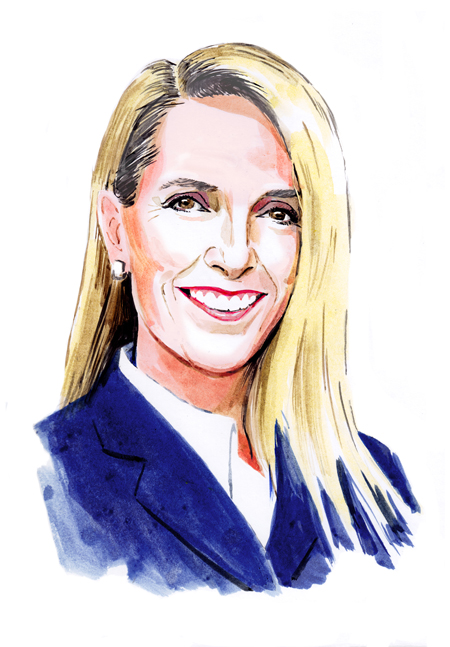
Illustration by Dan Williams
A recent article in the Harvard Business Review described the skills that executive leaders need most and how they differ from years past. No longer at the top of the list are exceptional administrative, financial, and technical capability; these have been displaced by perhaps “softer” gifts such as engaging diverse global communities, the ability to pivot, and creativity to re-orient. Demands on leaders continue to increase and change. More is expected from those who serve.
What does this mean for theological school leaders and for the boards who call them?
First, recognition that the work of executive leadership is increasingly complex, always demanding, and frequently changing with the currents of culture, economics, and the discovery of new knowledge. In this issue, we examine two important issues for executives and board members in theological education: trauma and institutional embedment.
School and church communities are filled with individuals who suffer from trauma – their own or their proximity to another’s. Leading in faith communities increasingly requires providing pastoral care and direction that reflects the evolving scholarship about trauma. In an interview with Dr. David Wang, we look at the impact of trauma among our students, and the importance of helping them to address it – in themselves and in those they will serve.
Today, slightly more than 40% of schools accredited by the Association of Theological Schools are embedded in a university or college; others are considering potential partnerships to address financial realities. In Trust spoke with Dr. Byron Klaus about trends, affordability, access and equity, mission, and conversations you may need to be having now.
Are there success markers in leadership? In “Going the Distance” we interviewed eight long-serving presidents and embedded school deans who have exceeded the diminishing average tenure of the CEO. Their frank stories of creativity, renewal, and seizing opportunity through major change – including relocation, new educational models, and declining enrollment – are inspiring as they share the crucial ingredients they have discovered for sustaining energy and leadership.
Calling and caring for the executive leader are among the most important responsibilities of the board. Supporting the executive is the work of the whole community. What does leadership care and support look like at your school?